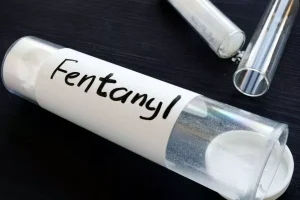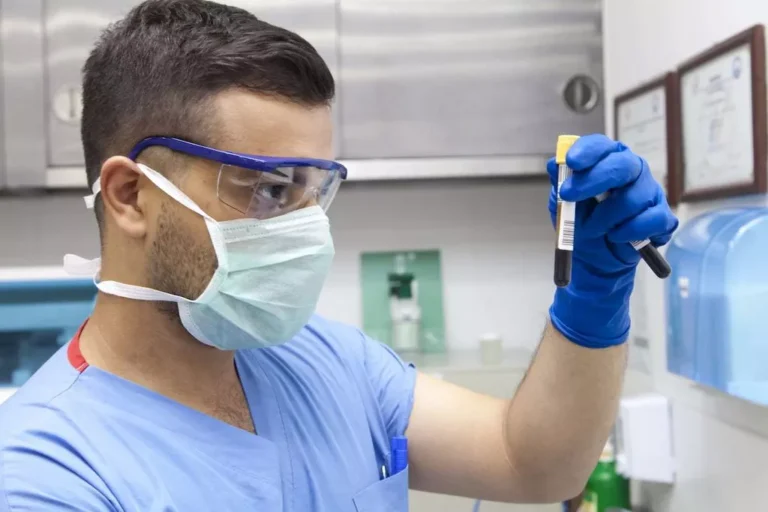
2C-B produces hallucinogenic and stimulant effects, including visual distortions, euphoria, increased energy, and heightened sensory perception. At higher doses, it can cause paranoia, panic, nausea, and intense hallucinations. 2C-B is not commonly tested for in standard drug screenings, but specialized tests can Cure for Alcohol Withdrawal Symptoms detect it in urine for up to 48 hours after use.
Alcohol and Cialis: Risks, Side Effects & Treatment
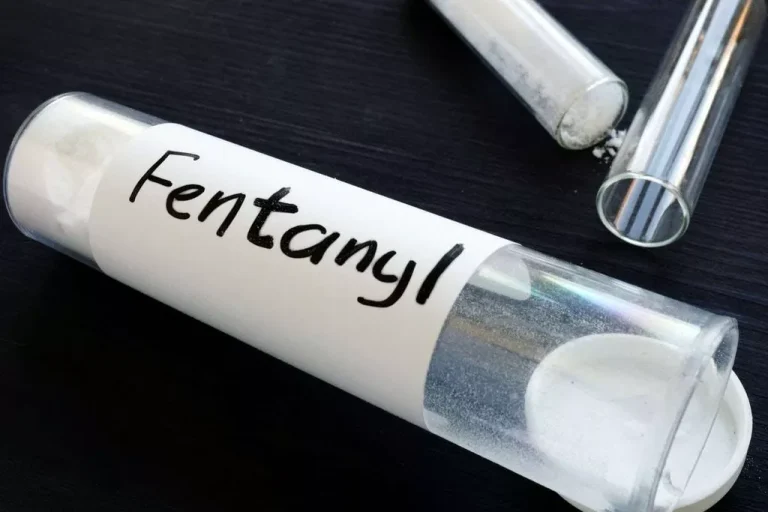
Risks involve limited medical supervision, a higher risk of relapse, and the potential for unmanaged withdrawal symptoms if cravings intensify. Outpatient Detox is a structured detox program that allows individuals to withdraw from alcohol while living at home, attending scheduled medical check-ins, and receiving supportive care. This method includes medication-assisted treatment (MAT), therapy sessions, partial hospitalization programs (PHPs), and intensive outpatient programs (IOPs) to help manage withdrawal symptoms and prevent relapse. Late withdrawal symptoms, Drug rehabilitation including anxiety and cravings, persist for up to a week after the last drink.
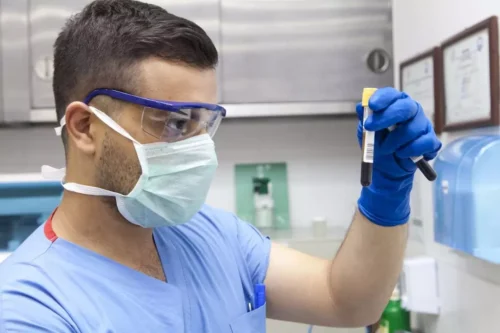
What Is Alcohol Addiction?
- Because complications of AWS can be deadly, never try to wait out your tremor from AWS or manage it on your own.
- It keeps producing too little GABA and too much glutamate, expecting the alcohol to come in and balance it all out.
- Even so, it’s best to reach out to your doctor or loved ones for support and guidance.
- Alcohol detox is very successful in managing withdrawal symptoms, but long-term recovery depends on continued treatment and relapse prevention strategies.
Over time, however, the body builds a tolerance to alcohol, and a person may have to drink more and more to get the same feeling. Meanwhile, the brain is producing more and more neurotransmitters, making a person further imbalanced. You may reach a point where you start drinking again just to relieve your symptoms.
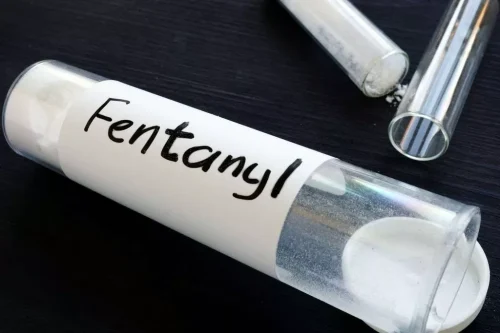
Withdrawal timeline for prescription opiates
- This figure increases to 91% for those who have remained abstinent and have attended AA for 5 years or more.
- Being aware of how these stages unfold over time aids in anticipating potential symptoms and accessing medical help when necessary.
- A detailed physical examination is vital to gauge the extent of withdrawal symptoms while also identifying any concurrent health or mental issues that could affect the process of withdrawing from alcohol.
- Digital media literature is approved by a licensed professional and intended to guide you in your recovery path.
- This approach helps minimize the risk and severity of withdrawal symptoms.
Risks involve the absence of medication to manage severe withdrawal symptoms, limited medical intervention in case of complications, and a higher likelihood of relapse if withdrawal symptoms become unmanageable. To successfully manage alcohol withdrawal, it’s important to engage in a medically supervised detoxification process, utilize appropriate medications, and receive supportive care. It is of paramount importance for individuals with significant dependence on alcohol to collaborate with healthcare professionals in crafting a personalized detox strategy.
- Individuals experience hallucinations, increased heart rate, and severe agitation as alcohol withdrawal progresses.
- These hospitals or centers monitor you and help you stay sober long-term.
- There is no set formula for how long it takes or how much you need to drink to develop an alcohol dependence.
- According to a study by the National Institute on Drug Abuse (NIDA) titled “Managing Alcohol Withdrawal Safely,” 2022, medically supervised detox reduces the risk of seizures and Delirium Tremens (DTs) by 70%.
Getting Help for Alcohol Addiction
- This depends on the individual and the results of laboratory tests that their doctor may order.
- Alcohol withdrawal (alcohol withdrawal syndrome) is a range of symptoms that can happen if you stop or significantly reduce alcohol intake after long-term use.
- Incorporating relatives into therapeutic sessions can bolster the process by reinforcing networks of support while tackling issues within family dynamics.
- Patients with alcohol dependence sometimes attribute withdrawal symptoms to anxiety.
- The brain experiences severe neurotransmitter imbalances due to the absence of alcohol’s depressant effects, causing uncontrolled nervous system hyperactivity.
- Without medical supervision, serious conditions like delirium tremens and withdrawal seizures can occur and, if left untreated, can result in death.
As withdrawal progresses, increased heart rate, high blood pressure, insomnia, and hallucinations develop due to the overstimulation of the nervous system. The difference between alcohol detox and alcohol withdrawal is that detox is a medically supervised process, while withdrawal refers to the body’s natural response to stopping alcohol use. Alcohol detox involves medications, supportive care, and monitoring to help individuals safely eliminate alcohol from their system.
